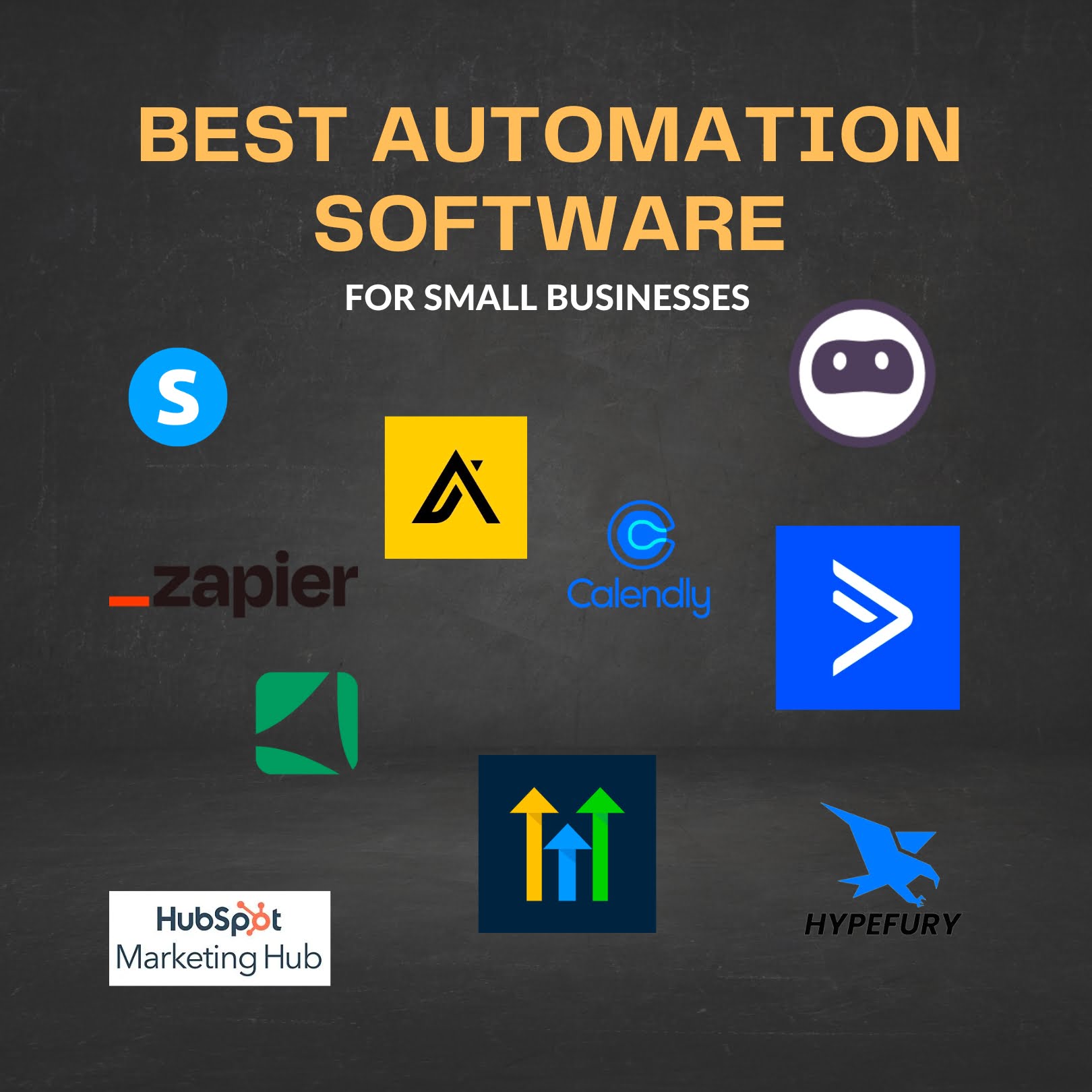
Business Automation Software: Revolutionizing Efficiency Across Industries
In the rapidly evolving digital age, business automation software is no longer a luxury—it’s a strategic necessity. As organizations strive for increased productivity, reduced operational costs, and enhanced customer satisfaction, automation stands at the center of digital transformation. With powerful automation tools, businesses can now streamline repetitive tasks, improve decision-making processes, and empower teams to focus on innovation.
What is Business Automation Software?
Business automation software refers to platforms and tools designed to automate manual and repetitive tasks, workflows, and operations across various departments such as HR, finance, marketing, sales, and customer service. These systems leverage technologies like AI, machine learning, robotic process automation (RPA), and workflow management tools to optimize business functions.
By integrating automation into core processes, businesses eliminate human error, enhance compliance, and increase operational agility.
Key Benefits of Implementing Business Automation Software
1. Increased Operational Efficiency
Automation minimizes the time spent on repetitive tasks. Whether it’s processing invoices, sending follow-up emails, or scheduling meetings, business automation tools significantly accelerate these workflows, freeing teams to focus on high-value activities.
2. Reduced Operational Costs
With fewer manual tasks, businesses can reduce staffing needs, minimize human error, and avoid costly delays. Automation ensures consistency and accuracy, leading to reduced overhead and improved profitability.
3. Enhanced Customer Experience
Modern automation software allows for real-time engagement, personalized communication, and faster query resolution. Chatbots, CRM integrations, and automated feedback systems provide customers with timely responses and seamless interactions.
4. Improved Data Management and Analytics
Automated systems generate, collect, and analyze data more efficiently than manual methods. Businesses gain access to real-time insights, helping them make informed decisions and refine their strategies.
5. Scalability
As businesses grow, automation makes scaling operations easier. Instead of hiring more staff to handle increased workloads, companies can scale software systems to accommodate growth without compromising quality or efficiency.
Types of Business Automation Software
1. Workflow Automation Software
This software helps design, execute, and monitor business processes. It allows businesses to create custom workflows that automatically move tasks from one phase to the next based on predefined rules.
Popular Tools: Zapier, Kissflow, Nintex, ProcessMaker
2. Robotic Process Automation (RPA)
RPA tools use bots to mimic human actions such as clicking, typing, or navigating software systems. They’re especially useful for back-office tasks like data entry, extraction, or migration.
Popular Tools: UiPath, Blue Prism, Automation Anywhere
3. Customer Relationship Management (CRM) Automation
CRM software automates interactions with leads and customers, tracks communications, schedules follow-ups, and manages pipelines.
Popular Tools: Salesforce, HubSpot, Zoho CRM, Freshsales
4. Marketing Automation Software
Automates email campaigns, social media scheduling, lead nurturing, and customer segmentation to ensure consistent marketing efforts across channels.
Popular Tools: Mailchimp, ActiveCampaign, Marketo, GetResponse
5. Accounting and Finance Automation
These systems automate invoicing, payroll processing, expense tracking, and compliance reporting.
Popular Tools: QuickBooks, Xero, Sage, FreshBooks
6. HR and Recruitment Automation
Automates job postings, applicant tracking, onboarding, employee records, and payroll processes.
Popular Tools: BambooHR, Workday, ADP, Zoho People
Top Features to Look for in Business Automation Software
-
User-friendly Interface: Allows users from non-technical backgrounds to set up and manage workflows easily.
-
Integration Capabilities: Seamlessly connects with existing tools such as CRMs, ERPs, databases, and cloud storage.
-
Customizable Workflows: Adapts to unique business needs with minimal coding or development.
-
Real-time Analytics: Offers performance metrics, reporting dashboards, and KPIs.
-
Security and Compliance: Ensures data protection and adheres to industry standards such as GDPR, HIPAA, etc.
-
Scalability: Grows with your business, handling increased tasks without performance degradation.
Industries Benefiting Most from Business Automation
1. Healthcare
Automation supports patient scheduling, medical billing, record management, and compliance—freeing up resources to focus on care delivery.
2. Finance
From loan processing to fraud detection and financial reporting, automation reduces error rates and improves decision-making.
3. E-commerce
Manages inventory tracking, order processing, returns handling, and customer service—improving both front-end and back-end operations.
4. Manufacturing
Automates production lines, supply chain management, and equipment maintenance scheduling, leading to leaner operations.
5. Real Estate
Helps automate listing management, client follow-ups, contract generation, and CRM activities, enabling realtors to focus on closing deals.
6. Education
Streamlines admissions, grading, scheduling, communication, and online learning processes, enhancing administrative efficiency.
How to Choose the Right Business Automation Software
1. Identify Specific Needs
Start by mapping out repetitive processes that consume time. Define your automation goals—cost reduction, faster service delivery, compliance, or customer retention.
2. Evaluate Scalability and Flexibility
Choose software that can handle your current and future workflows. It should offer modular features, allowing you to expand capabilities as your business grows.
3. Assess Integration and Compatibility
The software must integrate with existing systems—including ERP, CRM, and productivity tools—to ensure a seamless transition.
4. Ensure Data Security and Compliance
Look for tools with robust encryption, user authentication, role-based access, and compliance certifications.
5. Request Demos and Trial Periods
Before making a commitment, test the software through free trials or live demos. This gives you a better understanding of its usability and effectiveness.
Future of Business Automation
The future of business automation software is powered by AI, machine learning, IoT, and low-code/no-code platforms. These technologies will drive deeper automation, predictive insights, and autonomous decision-making.
Hyperautomation, which combines multiple automation technologies into one cohesive system, is the next frontier—enabling businesses to automate end-to-end processes with minimal human intervention.
Conclusion
Incorporating business automation software is not just about saving time—it’s about building smarter, more resilient, and future-ready organizations. Whether you’re a startup or an enterprise, adopting the right automation tools can radically transform how you operate, compete, and scale in today’s digital economy.
If you want to enhance productivity, cut costs, and stay ahead of the curve, now is the time to invest in comprehensive automation solutions tailored to your business needs